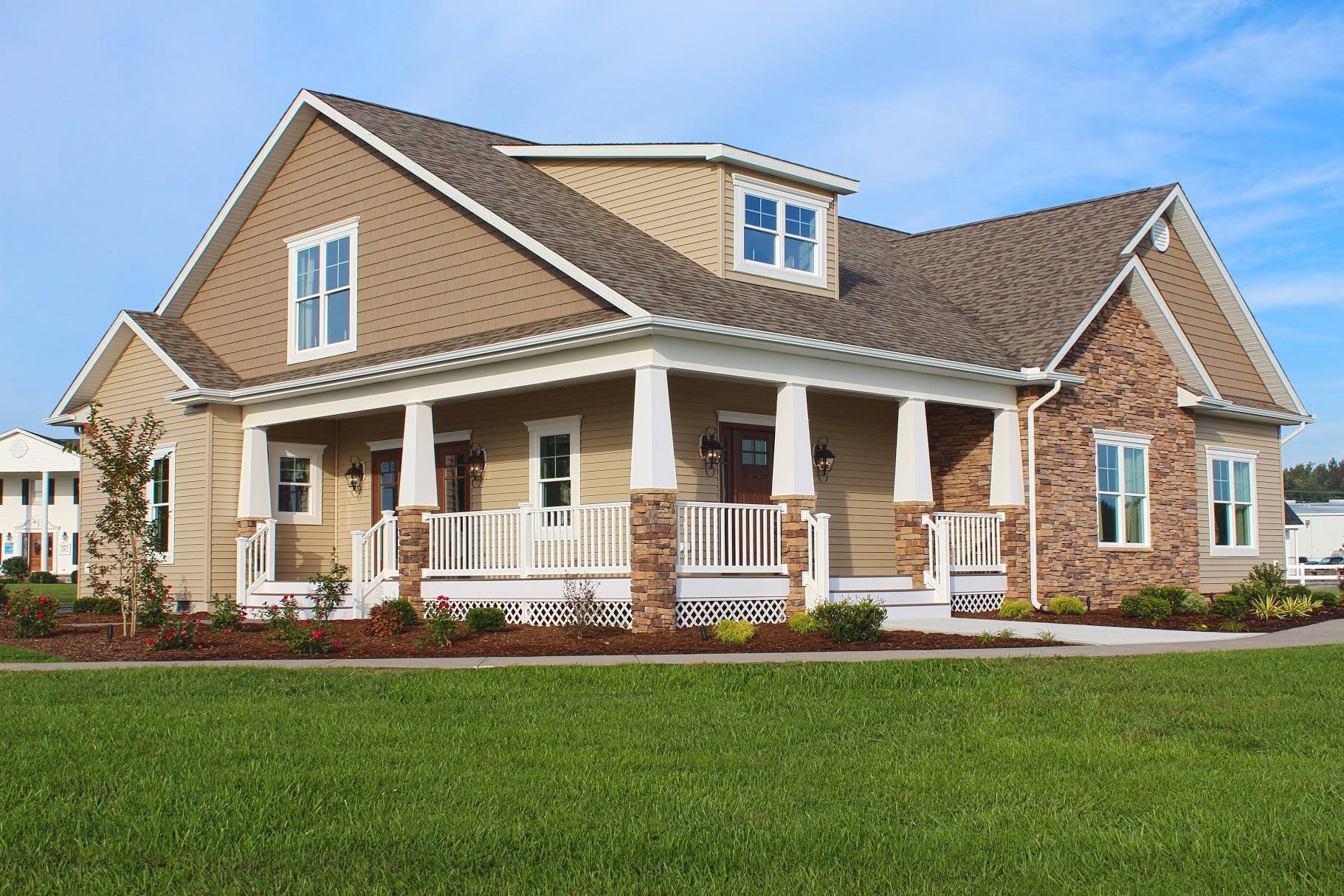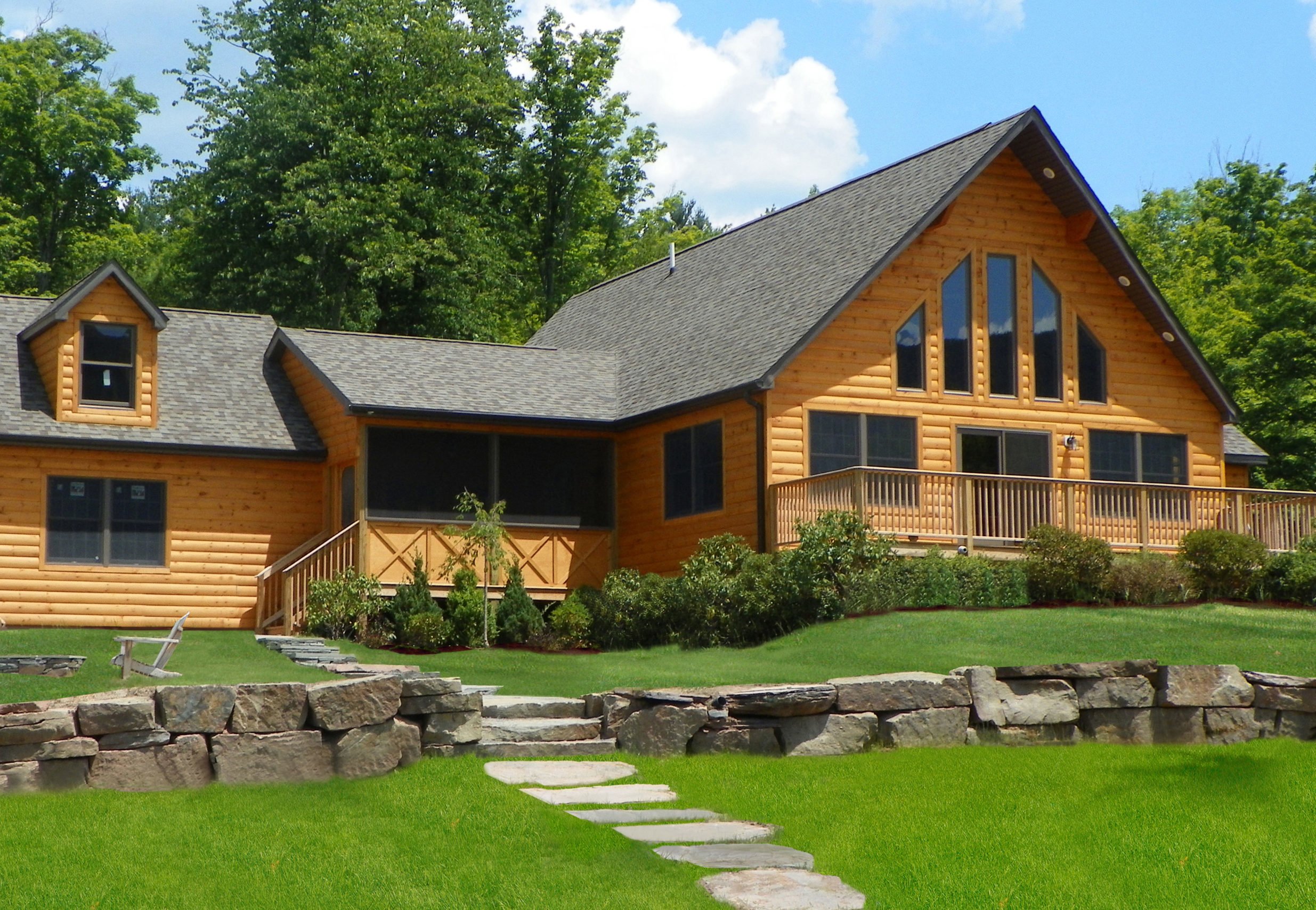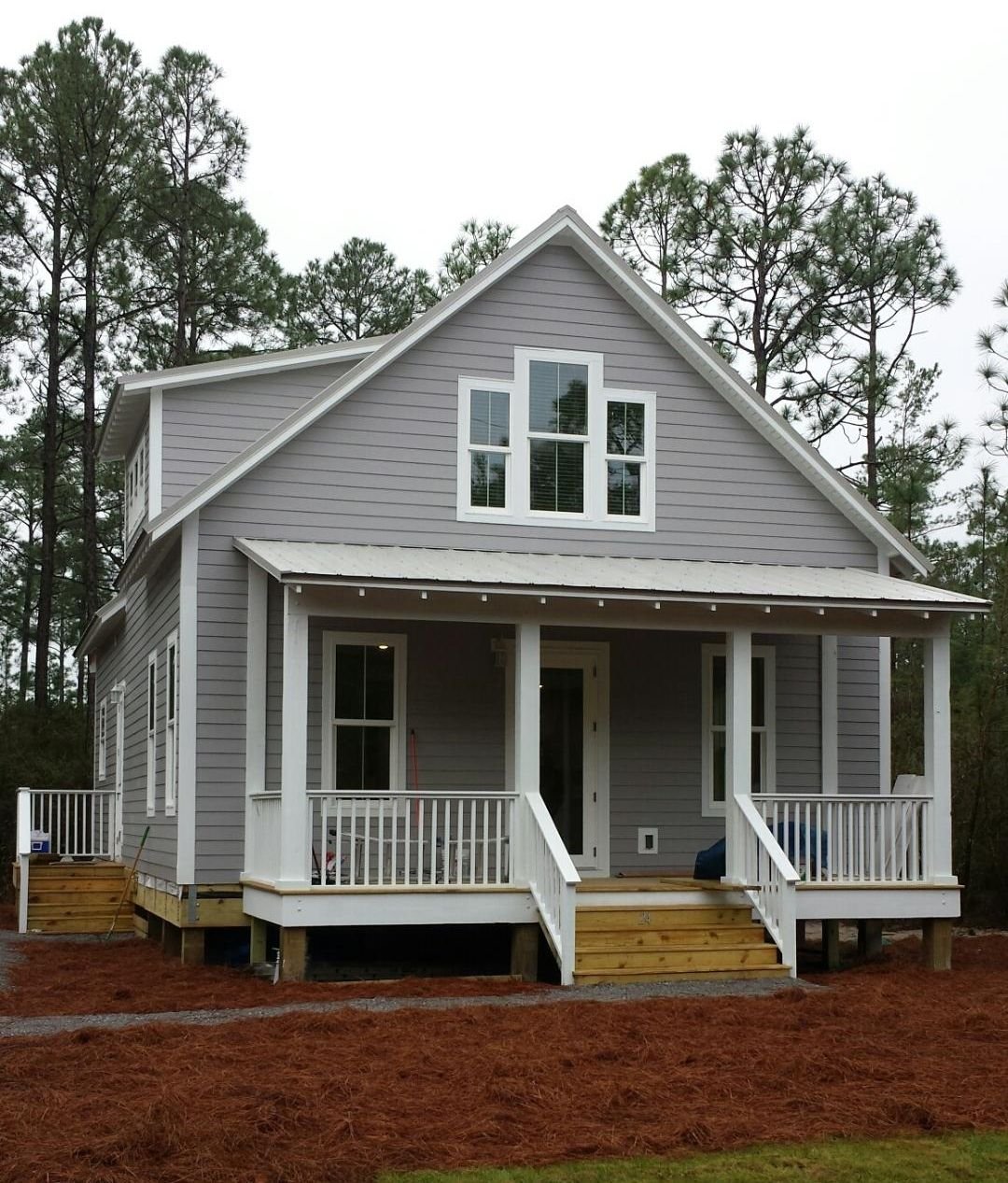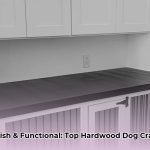Seeking a sustainable and cost-effective housing solution? Look no further than modular homes. This guide introduces you to the top modular home companies, delving into their strengths, weaknesses, and suitability for your needs. Uncover the benefits of modular construction and find the perfect match for your dream home within this comprehensive analysis.
Key Takeaways:
- Top modular home builders include Clayton Homes, Deltec Homes, Impresa Modular, Connect Homes, and Commodore Homes.
- Clayton Homes offers the best overall value, while Deltec Homes specializes in eco-friendly designs.
- Impresa Modular excels in custom homes, Connect Homes in modern designs, and Commodore Homes in luxury residences.
Top Modular Home Companies

Deciding to build a modular home can be a smart choice for anyone looking to invest in a sustainable and cost-effective housing solution. It’s important to do your research and choose a reputable company that can provide you with the best possible experience.
Here are five of the top modular home companies in the industry:
- Clayton Homes: The largest modular homebuilder in the US, Clayton Homes offers a wide range of floor plans and customization options. They’re known for their affordability and quick construction times.
- Deltec Homes: Deltec Homes is a leader in sustainable modular construction. Their homes are built to be energy-efficient and hurricane-resistant, and they offer a variety of eco-friendly features.
- Impresa Modular: Impresa Modular is a custom homebuilder that specializes in modern and contemporary designs. They offer a wide range of floor plans and finishes to choose from, and they work with you to create a home that’s perfect for your needs.
- Connect Homes: Connect Homes is a modular homebuilder that focuses on affordability and sustainability. Their homes are built in a factory and then shipped to your site, which can save you time and money.
- Commodore Homes: Commodore Homes is a luxury modular homebuilder that offers a variety of high-end finishes and features. Their homes are built to order and can be customized to your specifications.
Factors to Consider When Choosing a Modular Home Company
When choosing a modular home company, there are a few factors you should consider:
- Reputation: Do your research and read reviews from past customers to make sure you’re choosing a reputable company.
- Experience: How long has the company been in business? Do they have a good track record of completing projects on time and on budget?
- Customization: Does the company offer a variety of floor plans and customization options? Can they work with you to create a home that’s perfect for your needs?
- Affordability: How much will it cost to build a modular home with the company? Make sure to get quotes from several companies before making a decision.
- Sustainability: Is the company committed to sustainable building practices? Do they offer eco-friendly features?
Benefits of Building a Modular Home
There are many benefits to building a modular home, including:
- Affordability: Modular homes are typically more affordable than traditional homes.
- Sustainability: Modular homes are built in a factory, which reduces waste and energy consumption.
- Quality: Modular homes are built to the same standards as traditional homes, and they often come with a warranty.
- Speed: Modular homes can be built in a shorter amount of time than traditional homes.
- Customization: Modular homes can be customized to meet your specific needs.
If you’re considering building a modular home, I encourage you to do your research and choose a reputable company. With so many great options available, you’re sure to find the perfect home for your needs.
For the latest recommendations from industry experts, discover the top modular home builders currently reshaping the residential construction landscape. If you’re seeking exceptional home-building expertise in the Lone Star State, explore our comprehensive guide to the top-rated home builders in Texas and elevate your property aspirations.
Factors to consider when choosing a modular home company

Incorporating a modular home into your lifestyle is a personal choice that offers various benefits such as cost-effectiveness, sustainability, and speed of construction. However, choosing the right modular home company is crucial. Here are some essential factors to consider:
Reputation:
A reputable company with a proven track record is crucial. Research online reviews, testimonials, and industry awards to assess their reliability and customer satisfaction.
Experience:
A company with extensive experience in modular construction can provide valuable insights and expertise. Consider their years of operation, number of projects completed, and industry certifications.
Customization options:
Modular homes are not cookie-cutter solutions. Look for companies that offer a wide range of floor plans and customization options to suit your specific needs and preferences.
Affordability:
Modular homes generally offer cost savings compared to traditional construction. However, prices can vary widely. Determine your budget and compare pricing from different companies.
Sustainability:
If environmental concerns are a priority, choose companies that emphasize sustainable practices, such as using eco-friendly materials and energy-efficient designs.
Additional Considerations:
- Materials: Understand the quality and durability of the materials used in construction.
- Warranties: Ensure the company offers comprehensive warranties for structural integrity and components.
- Turnaround time: Inquire about the estimated time frame for design, construction, and installation.
- Customer service: Assess the company’s responsiveness, support, and communication throughout the process.
By considering these factors, you can make an informed decision and choose a modular home company that aligns with your needs and expectations.
Key Takeaways:
- Research the reputation and experience of potential companies.
- Determine the level of customization options available.
- Compare pricing to fit your budget.
- Prioritize sustainability if it aligns with your values.
- Consider additional factors such as materials, warranties, and customer service.
Sources:
- The Best Modular Home Manufacturers | Rocket Mortgage
- Best Modular Home Manufacturers of 2022 | The Home Direct
Case studies and examples of successful modular home projects
Key Takeaways:
- VDC (vale de cambra) by SUMMARY: Social housing and shops in Portugal showcasing modular units with communal spaces.
- CHARRIERE: Mobile architectural units used to build social housing in Paris, creating innovative living spaces.
- Home-Office Pods by Aaksen Responsible Architecture: Sustainable modular pods designed for comfortable work-from-home environments.
- Homb by Skylab Architecture and Method Homes: Net-zero energy modular home in Oregon, highlighting energy efficiency.
- Dortheavej (Homes for All) by Bjarke Ingels Group (BIG): Affordable, modular housing in Denmark designed to foster community connections.
Modular and prefabricated homes are gaining popularity due to their sustainability, cost-effectiveness, and efficiency. Case studies and examples of successful modular home projects demonstrate the potential of this approach, inspiring innovative designs and solutions for affordable housing. From social housing projects to net-zero energy homes, these examples showcase the versatility and benefits of modular construction.
Future Trends and Innovations in the Modular Home Industry
Key Takeaways:
- Surge in Popularity: Modular homes are gaining traction due to affordability, sustainability, and design flexibility.
- Customization Revolution: Advances in technology enable greater customization, allowing homeowners to tailor homes to their unique needs.
- Sustainable Revolution: Prefab homes lead the charge towards eco-friendly construction with energy-efficient designs and eco-conscious materials.
- Smart Home Integration: Modular homes embrace smart technology, offering automation, security, and convenience at your fingertips.
- Off-Site Construction: Factory-built modular homes reduce on-site construction time, minimizing disruption and delays.
As the modular home industry continues to evolve, prepare to witness groundbreaking innovations that redefine sustainable and cost-effective housing. These cutting-edge trends are shaping the future of modular construction:
- 3D Printing Revolution: 3D printing technology is streamlining home construction, creating intricate designs with precision and reducing waste.
- Enhanced Sustainability: Modular homes are becoming even more eco-conscious, using renewable energy systems, recycled materials, and reducing carbon emissions.
- Advanced Materials: The modular industry is constantly seeking innovative materials that enhance durability, fire resistance, and energy efficiency.
- Virtual and Augmented Reality: VR and AR technologies offer immersive experiences, allowing customers to visualize and customize their modular homes before construction starts.
- Data-Driven Design: Big data and AI are optimizing modular home designs, improving energy efficiency, and predicting homeowner preferences accurately.
These innovations promise to transform the modular home industry, offering homeowners greater choice, customization, and sustainability. As the future unfolds, we can expect modular homes to become even more affordable, efficient, and environmentally friendly.
Sources:
- Modular Construction Market Size & Trends 2023-2033
- The Future of Modular Prefab Construction 2024
FAQ
Q1: What factors should I consider when choosing a modular home company?
A1: Important factors include floor plans, customization options, customer reviews, customer service, turnaround time, materials used, warranties, price range, experience, and factory conditions.
Q2: What are the advantages of modular homes over traditional construction?
A2: Modular homes offer reduced construction time, increased energy efficiency, lower environmental impact, and cost-effectiveness compared to traditional methods.
Q3: Who are some of the top modular home companies in the industry?
A3: Leading modular home companies include Clayton Homes, Deltec Homes, Impresa Modular, Connect Homes, and Commodore Homes, each with unique strengths and offerings.
Q4: Are modular homes customizable?
A4: Yes, many modular home companies offer customization options, allowing buyers to tailor their homes to their specific needs and preferences.
Q5: How long does it take to build and install a modular home?
A5: The turnaround time for a modular home project varies, typically ranging from a few months to a year, depending on the size, complexity, and company’s production schedule.
- NYT Connections Answer: Hedgehog, Pineapple, Cactus The Spiky Things Explained - April 20, 2025
- How to Clean a Wool Carpet: A Comprehensive Guide - April 20, 2025
- How to Clean a Pleather Couch: A Complete Guide - April 20, 2025










